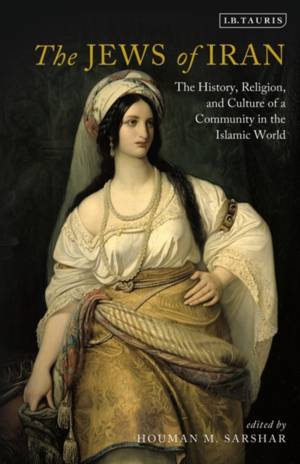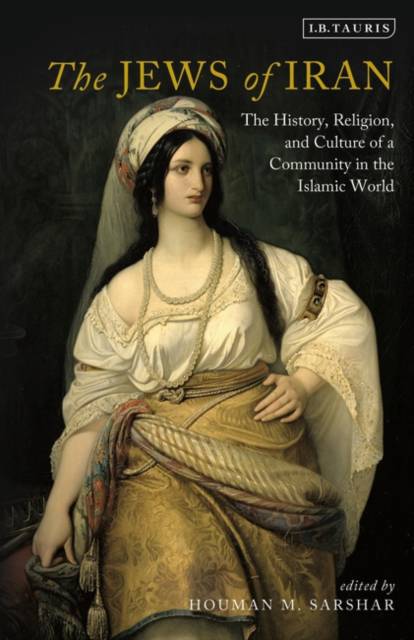
- Retrait gratuit dans votre magasin Club
- 7.000.000 titres dans notre catalogue
- Payer en toute sécurité
- Toujours un magasin près de chez vous
- Retrait gratuit dans votre magasin Club
- 7.000.0000 titres dans notre catalogue
- Payer en toute sécurité
- Toujours un magasin près de chez vous
The Jews of Iran
The History, Religion and Culture of a Community in the Islamic World
Description
Living continuously in Iran for over 2700 years, Jews have played an integral role in the history of the country. Frequently understood as a passive minority group, and often marginalized by the Zoroastrian and succeeding Muslim hegemony, the Jews of Iran are instead portrayed in this book as having had an active role in the development of Iranian history, society, and culture. Examining ancient texts, objects, and art from a wide range of times and places throughout Iranian history, as well as the medieval trade routes along which these would have travelled, The Jews of Iran offers in-depth analysis of the material and visual culture of this community. Additionally, an exploration of modern novels and accounts of Jewish-Iranian women's experiences sheds light on the social history and transformations of the Jews of Iran from the rule of Cyrus the Great (c. 600-530 BCE) to the Iranian Revolution of 1978/9 and onto the present day.
By using the examples of women writers such as Gina Barkhordar Nahai and Dalia Sofer, the implications of fictional representation of the history of the Jews of Iran and the vital importance of communal memory and tradition to this community are drawn out. By examining the representation of identity construction through lenses of religion, gender, and ethnicity, the analysis of these writers' work highlights how the writers undermine the popular imagining and imaging of the Jewish 'other' in an attempt to create a new narrative integrating the Jews of Iran into the idea of what it means to be Iranian. This long view of the Jewish cultural influence on Iran's social, economic, political, and cultural development makes this book a unique contribution to the field of Judeo-Iranian studies and to the study of Iranian history more broadly.
Spécifications
Parties prenantes
- Editeur:
Contenu
- Nombre de pages :
- 264
- Langue:
- Anglais
- Collection :
Caractéristiques
- EAN:
- 9781788319263
- Date de parution :
- 22-08-19
- Format:
- Livre broché
- Format numérique:
- Trade paperback (VS)
- Dimensions :
- 140 mm x 216 mm
- Poids :
- 312 g

Les avis
Nous publions uniquement les avis qui respectent les conditions requises. Consultez nos conditions pour les avis.





